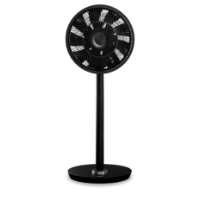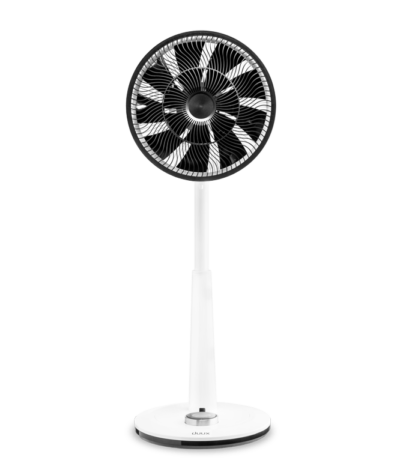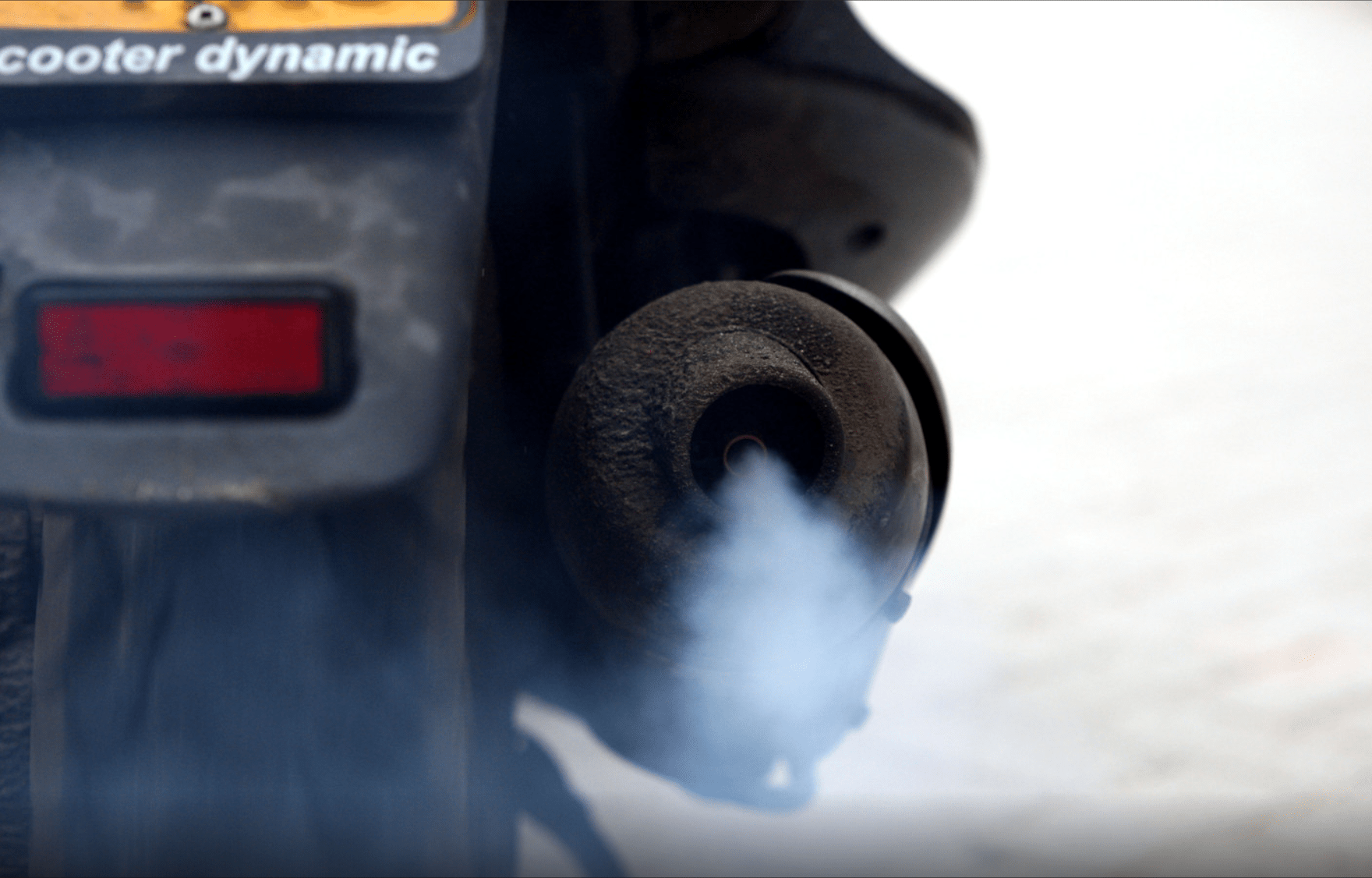Nowhere in Europe so many children with asthma caused by exhaust fumes
In one in five children with asthma in the Netherlands, the disease is related to air pollution from traffic. In no other European country is that number so high. In the big cities, exhaust fumes are held responsible for even more asthma cases among children.
This is evident from research published in the renowned medical journal The Lancet. According to the scientists, the emission of nitrogen dioxide (NO2) is the main culprit for children with lung disease. This gas enters the air mainly through the exhausts of diesel cars and trucks.
In the Netherlands, asthma is the most common chronic disease among children. According to the Longfonds, approximately 100,000 children up to the age of fourteen have asthma. "Children are exposed to air pollution day in, day out. The government must do more to protect them from this," says director Michael Rutgers of the Longfonds, which today together with lung and pediatricians, healthcare providers and scientists is sounding the alarm.
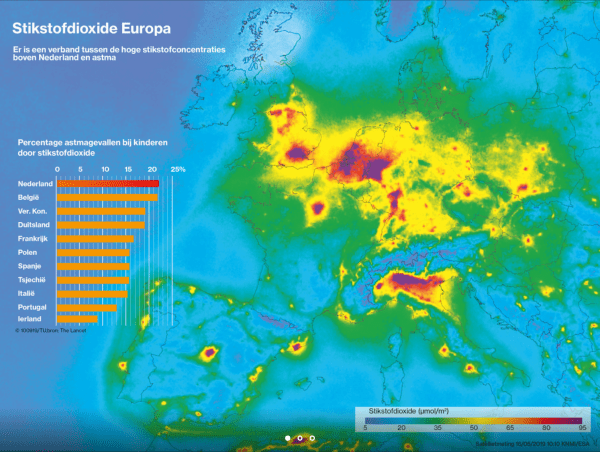
Lung specialist Hans in 't Veld sees the consequences of air pollution every day in his surgery. "Nitrogen dioxide is really an assassin. You don't see it, you don't notice it, but it does cause inflammation in the airways. Asthma often occurs in childhood. I speak to children who get stuffy when they play sports, children who can't play outside on beautiful summer days and children who have such irritable airways that they don't know how to get through New Year's Eve. Clean air can prevent so much suffering."
"Nitrogen dioxide is really an insidious killer. You don't see it, you don't notice it, but it causes inflammation in the airways."
Pulmonologist Hans in 't Veld
Clean air chord
State Secretary Stientje van Veldhoven (Infrastructure and Water Management) is working on a Clean Air Agreement, with the aim of 'achieving fifty percent health gains by 2030 with a view to 2016'.
Although air pollution has roughly halved since 1990, 11,000 people still die each year in the Netherlands as a result. On average, Dutch people live nine months shorter due to air pollution, but the differences are large. The number of victims is greatest in the large cities, the Randstad conurbation, along busy roads and in the vicinity of livestock farms. There, life expectancy can be up to eighteen months, while in the cleanest areas of the Netherlands it is 'only' four months.
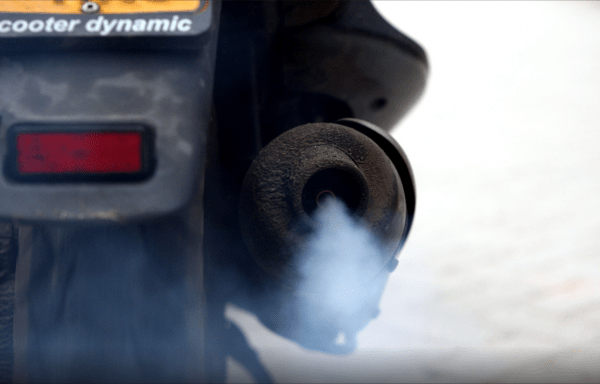
Moreover, some 1.2 million Dutch people suffer from lung disease. "Air pollution also affects the quality of life and has an impact on nature," Minister Van Veldhoven told the House of Representatives early this summer. in a letter Minister Van Veldhoven told the House of Representatives this summer. She pointed out that air pollution is, after smoking, the largest contributor to health care costs in the Netherlands.
The decline in the concentration of nitrogen dioxide in the air has stagnated in recent years. According to The National Institute of Public Health and the Environment (RIVM) the proportion of nitrogen dioxide in exhaust gases is actually increasing as a result of measures taken to reduce the amount of particulate matter. In addition, the roads in the Netherlands have become busier.
Call for quicker action against major polluters
The Lung Fund, lung specialists and scientists argue that schools, day-care centres and sports fields should not be located along motorways and that the big polluters should be tackled more quickly. They also point out that the intended health benefits can be achieved much sooner than 2030 with measures such as reducing the maximum speed on motorways and the introduction of a kilometre charge. "Our air simply can and must be cleaner," says director Michael Rutgers of the Long Fund. "The national government must take the lead in this."
"Our air can and must simply be cleaner. The national government must take the lead in this."
Michael Rutgers of the Lung Fund
The Lower House will debate the Clean Air Agreement on Thursday. Members of Parliament today receive a petition calling for more ambitious measures, which has been signed by, among others, the Lung Fund, the Heart Foundation and professional associations of lung physicians, cardiologists, paediatricians, general practitioners and lung nurses.
They point out that industry, livestock farming and wood-burning stoves, for example, are also major contributors to air pollution. The government cannot solve that problem alone, emphasizes lung specialist In 't Veld. "As consumers, with our cars and wood-burning stoves, we are all air polluters. The good news is that with that, we are also part of the solution."
Source: AD.nl
